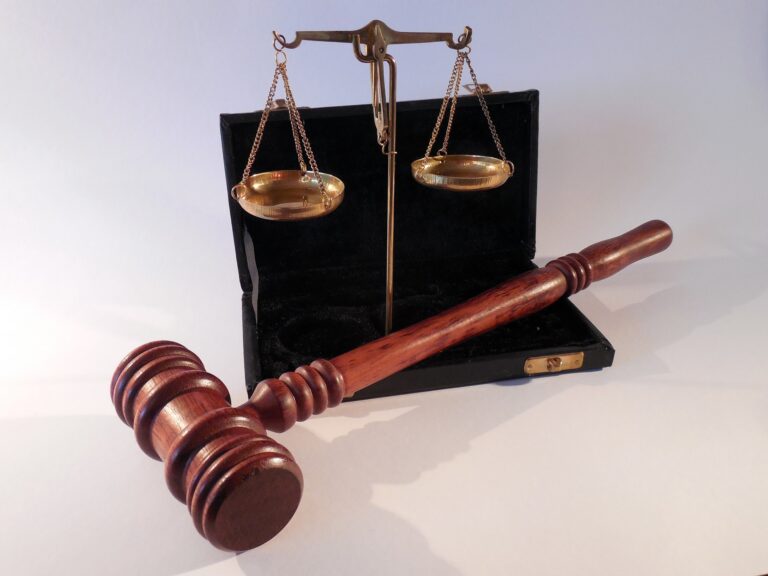
JDSupra published an article taking on a new perspective on the court system and how to create better criminal justice reform in the United States. They are talking about rethinking the role of prosecutors in court cases. Conventionally, prosecutors believed that long prison terms were vital to public safety. However, with the overcrowding and growing populations in prisons this needs to be rethought and challenged. The punitive model that is employed in courts is not helping anyone rehabilitate or proving to be successful. It simply leads to recidivism, a great expense and mass incarceration rates in the United States.
At a panel discussion, Lucy Lang, the Executive Director of the Institute for Innovation in Prosecution at John Jay College and Sam Rivera, Associate Vice President of Housing at The Fortune Society, discuss the role of the prosecutor and challenging the systematic ways it has always operated. Lang touched on how racial inequality plays a role in our justice system and that leadership positions, like a prosecutor, need to overcome this. Because of this and knowing that prosecutors must enforce the law, she suggested that prosecutors start focusing on why the crime was committed and not how to punish the offender. The underlying causes of why they are committing the crime could have to do with behavioral health issues. Lang suggested different solutions to help with justice reform in the courts and by prosecutors. Some included developing community outreach programs and strategies, studying internal disparities, not prosecuting whole categories of conduct, diverting low-level, non-violent cases out of the system, looking into public health models and drug treatments and implementing interventions to guard against implicit biases. With measures being taken to try to speed up trials and decrease bail expenses, she thinks looking at the prosecutors' role will also help transform justice reform. Rivera, a former inmate, recounted the challenges he faced when released. Transitioning back into society, he struggled with finding employment and support. Inmates need programs to help educate them, find employment and housing opportunities, and provide mental health services and overcoming addiction if they face this. To help with these obstacles, suggestions were made to prosecutors that included considering successful re-entry from prison as a priority, developing conviction review and integrity units and advocating for clemency or sentence reductions. If the role of the prosecutor were to be re-evaluated and examined, making changes to this could help inmates adjust better to life during and after prison.